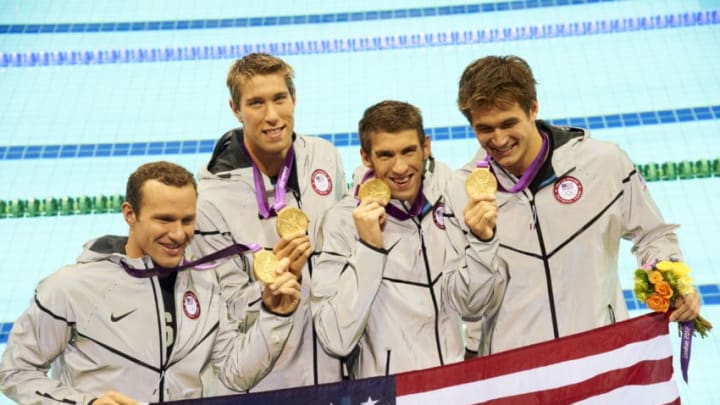
4. Historical moments
Sometimes in life, an athlete has the opportunity to make a difference that far outweighs what they do in sports. For some athletes, the Olympic stage is the perfect venue to raise awareness for a specific cause. The Summer games have a long lineage of moments that transcends sports.
Three huge moments come to mind, one in 1936, one in 1968, and the final in 1980.
In 1936, Germany hosted the Summer Olympics, and German leader Adolf Hitler wanted to use it as a showcase of a “new Aryan man.” Instead, the games belonged to Jesse Owens, who broke several records and won multiple gold medals. Owens later befriended his German competitor in the long jump, Luz Long, and the pair’s lap of honor became a symbol of the triumph over Hitler’s confused ideology.
In 1968, Tommie Smith and John Carlos had one of the most memorable moments in the history of the Olympics. The games were played in Mexico City, Mexico, and the United States was in the middle of their Civil Rights movement. Black athletes were told to boycott the games, but Smith and Carlos had other ideas. Instead, they dominated their event, and at the ceremony for their medals, raised a black fist in the air. They were suspended from the Olympic Village, but the gesture still resonates today.
In 1980, the United States and the Soviet Union were mired in the Cold War. The Soviets were to host the 1980 Summer Olympics, and US President Jimmy Carter did not let his athletes attend. Instead, the US hosted the Liberty Bell Classic in Philadelphia, Pennsylvania, where the US and other countries who supported the boycott competed. The Cold War eventually subsided, and the message by President Carter was a memorable one.
Next: 3. Tradition
